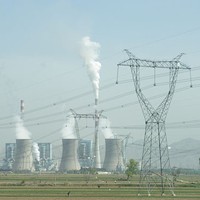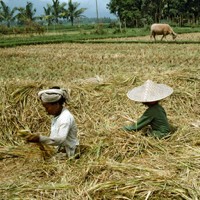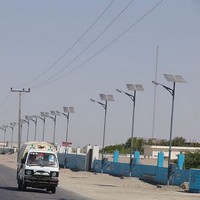
BEIJING — While China’s much-hyped clean energy drive has become bogged down in problems of impracticality and policy incoherence, the U.S. has quietly effected a genuine energy revolution that creates huge cost advantages for America’s manufacturing base going forward. With major structural shifts already underway, changing international energy market dynamics present Washington with an opportunity to fundamentally reorient its foreign policy approach, toward China and a broader range of actors, in the decades to come. In 2011, China overtook the U.S. in terms of renewable energy investment and under current plans will surpass the European Union in 2014. Beijing plans […]




